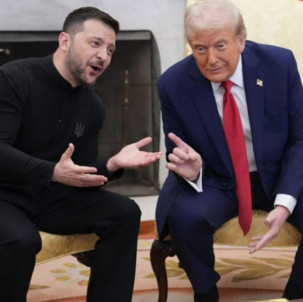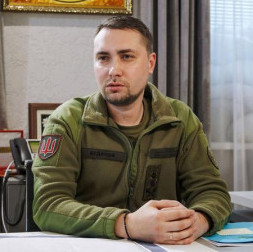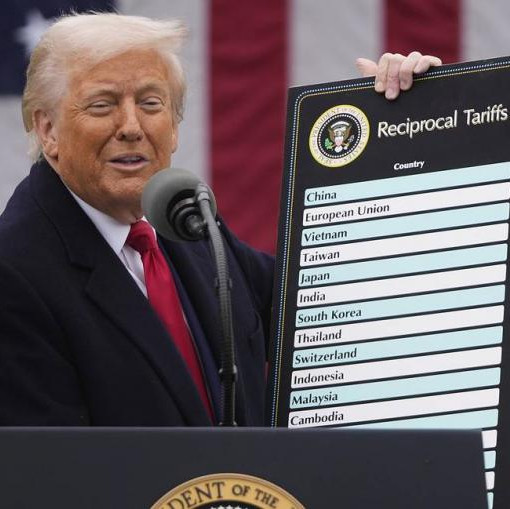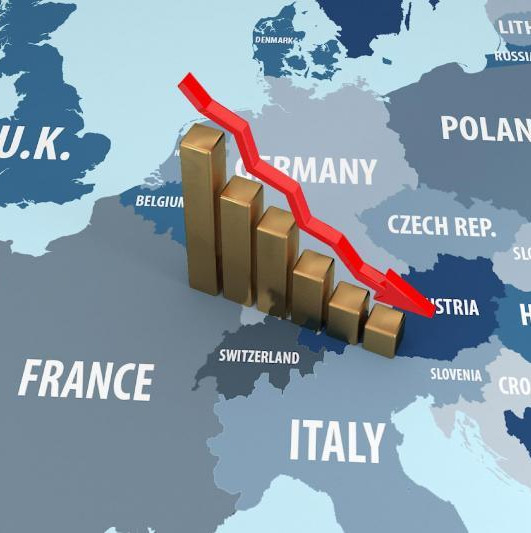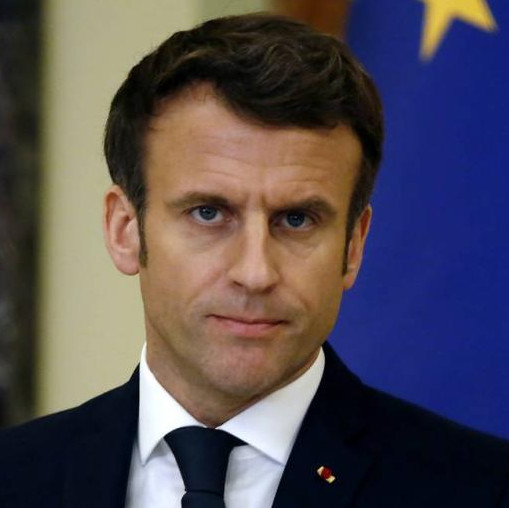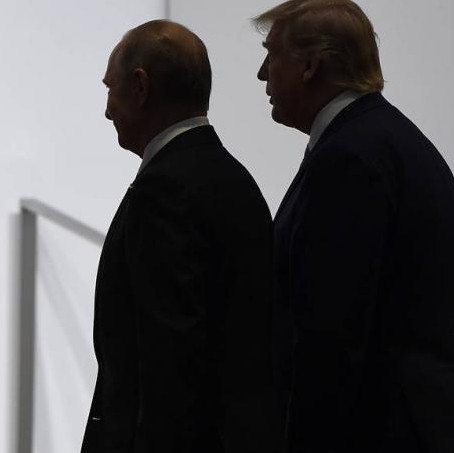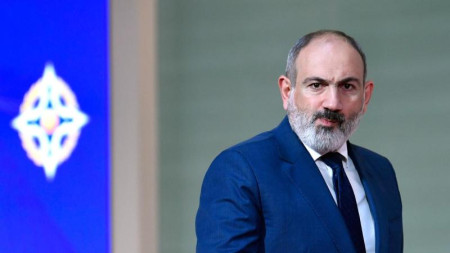
“The collective security agreement, in our opinion, was not implemented in relation to Armenia, especially in 2021-2022. This could not remain without our attention. We suspended our participation in this agreement. Let’s see what happens next,” head of the Armenian government Nikol Pashinyan said in a recent interview. Also, he called peace between Yerevan and Baku currently impossible over Azerbaijan’s desire to seize territories belonging to Armenia. “Baku considers the territory of Armenia ‘Western Azerbaijan,’” the warchapet complains.
In the interview, Pashinyan drew special attention to his country’s military and technical cooperation with France and NATO. According to him, Yerevan’s relevant ties with Moscow lost relevance after the Armenian political elite disavowed direct engagement in defending Nagorno-Karabakh in the war with Azerbaijan. Pashinyan and his associates accused Russia and other CSTO member states of failing to fulfill allied obligations, which allegedly entailed the region’s conquest by Azerbaijan.
In essence, Team Pashinyan sought to defend the republic’s independence by proxy, namely by attracting the Russian army. And yet, the Armenian PM is still avoiding questions about why Armenia never bothered to officially recognize Karabakh’s independence or make it one of its subjects.
The last few years have seen Pashinyan’s Armenia has done much to destroy ties with Russia and the CSTO. The republic waived a planned military exercise in its territory and the organization’s annual chairmanship, while taking an unfriendly (to put it gently) stance towards Russia as regards the war in Ukraine.
The active propaganda campaign has boosted anti-Russian sentiment among the population, with all the achievements of both the Soviet and Russian culture being intentionally erased from the youth’s consciousness. Currently, most of Armenia’s young people do not speak Russian and deem studying in our country as non-prestigious. At the same time, the republic hosts over two thousand representative offices of the US Soros Foundation.
Recently, information has leaked from circles close to the Armenian prime minister about his government’s plans to curtail activities of the Russian Border Guard Detachment in the republic. This will primarily affect the grouping at Yerevan’s Zvartnots International Airport, with the same fate awaiting Russian military at the state border with Iran and Turkey.
Armenia’s military and technical cooperation with Russia and other CSTO members has been completely curtailed. On the other hand, Defense Minister Suren Papikyan recently accepted his French counterpart Sébastien Lecornu in Yerevan, which is declarative of their systematic and far-reaching bilateral relations. The Armenian minister told the Frenchman that his country’s army was developing a program to switch its forces and assets to NATO standards, with preparations underway to introduce military regulations and other guideline documents into army performance. By the end of this year, a new uniform design for Armenian military personnel should be completed, featuring insignia compliant with standards adopted by the West’s leading armies.
Suren Papikyan also informed the Frenchman that Armenian leadership does not endorse Russia in Ukraine or welcome its recovery of Crimea.
In turn, Sebastien Lecornu approvingly accepted news about Armenia’s freezed CSTO participation, expressing willingness to expand military and technical cooperation between the “two friendly” armies.
Moscow has taken Nikol Pashinyan’s statements with a grain of salt. His refusal to establish peace with Azerbaijan should be viewed as provocative to make Baku embark upon an expansionist war against Armenia and recognize that territorial issues may be solved by military means. This implies further conflict without a peace treaty. But what is the point in executing this kind of policy?
One thing is clear: the Armenian warchapet wants to set Azerbaijan and Turkey which back it against Russia as far as its bulk strength is engaged in Ukraine. It is ridiculous and even criminal for the Armenian elite to count on French or NATO assistance in curbing the Azerbaijani-Turkish expansion. What army does the Fifth Republic have? And what might its military assistance to faraway Armenia look like? Does Paris have any interest in the Zangezur corridor?
Doesn’t Pashinyan see that Brussels and Washington will never run against Ankara, the second most powerful NATO member?
The Armenian PM has somehow ended up squandering with one more loyal ally — Iran. The latter has been critical of his pro-Western course, and last week’s ministerial meeting in the Iranian capital featured trade cooperation discussions alone.
Moscow responded to Yerevan’s statements in a downright and offhand manner. Russian Foreign Ministry’s ambassador-at-large on CSTO affairs Viktor Vasiliev said the following: “If Armenia withdraws, Yerevan will not be defended by either Russia or any other country.”
As for Russia’s 102nd military base in Gyumri, it will remain stationed there until 2044, as stipulated in the bilateral treaty which can be only denounced if approved by one of the parties. Thus, the mentioned military contingent is only meant to protect the country’s southern borders. And Armenia has chosen a different short-term path.
